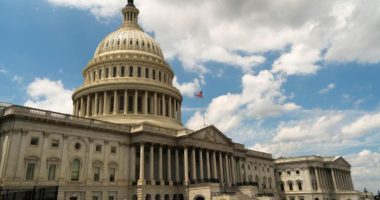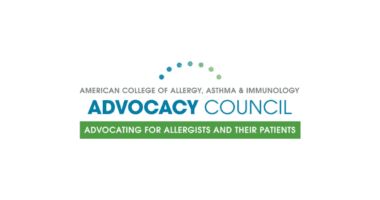On June 8, the White House Office of Management and Budget (OMB) began reviewing the regulation that will implement key details of the No Surprises Act. OMB review is the final step before a regulation is issued. There is no specific deadline for how long the OMB has to complete its review, but Department of Health and Human Services (HHS) is required to issue the regulation by July 1.
The No Surprises Act, which passed in December of 2020, protects patients from unexpected out-of-network (OON) “surprise” medical bills – where patients do not have the ability to agree to out-of-network care in advance. The legislation protects patients by limiting their out-of-pocket payment to their in-network cost-sharing amount in these scenarios and prohibits providers from balance billing the patients. It also creates an “independent dispute resolution (IDR)” process to arbitrate the payment rate between the out-of-network provider and the patient’s health plan, if the two parties cannot agree on a payment amount. The protections outlined in the No Surprises Act apply to out-of-network services that occur at hospitals, ambulatory surgical centers, critical access hospitals, and free-standing emergency departments.
The No Surprises Act outlines these policies, but directs federal agencies, such as HHS, to issue regulations that determine many of the operational details necessary to implement the statute. For example, how the IDR arbiter will be selected, the fees associated with the IDR process and clarifying the relationship between federal law and state laws. Though it was passed in December of 2020, the No Surprises Act does not take effect until January 1, 2022, to allow the agencies time to develop and issue these regulations.
While this update does not provide us with any additional insight about the policy provisions of the forthcoming regulation, the update did include the important detail that this regulation will be issued as an interim final rule instead of as a proposed rule. Interim Final Rules (IFR) are not subject to the same public comment period as proposed rules. This means that stakeholders, such as us, have less of an ability to impact the regulation through public comments than we would if this regulation were issued as a proposed rule. It also means that we will not need to wait until the fall for a final rule to know for certain how the law will be implemented.
Once the regulation is issued, the ACAAI Advocacy Council will conduct an in-depth analysis for our members. The Advocacy Council – we have you covered.




